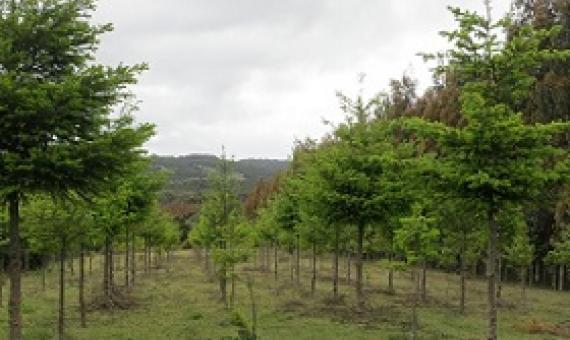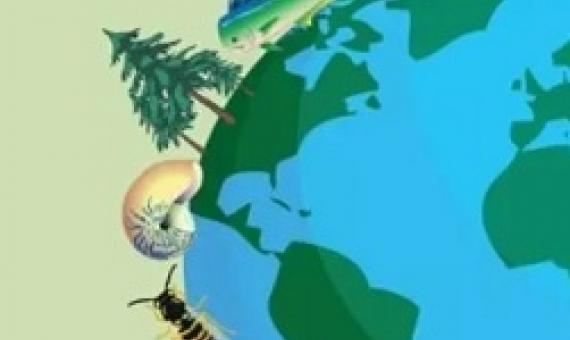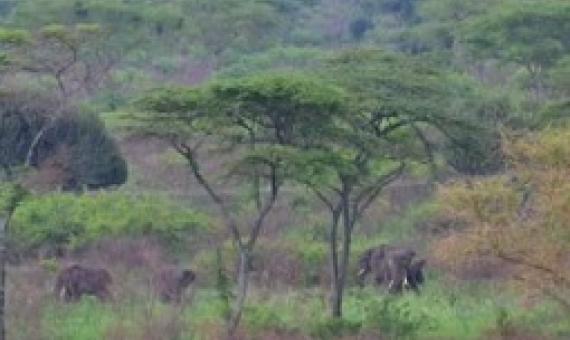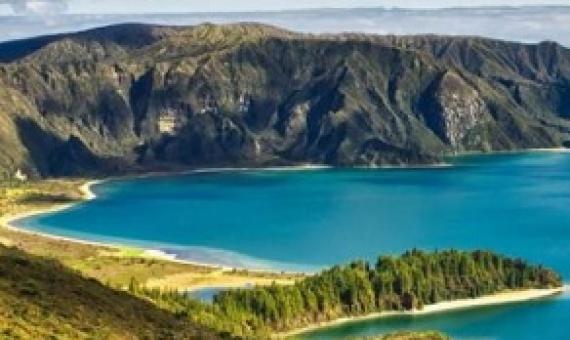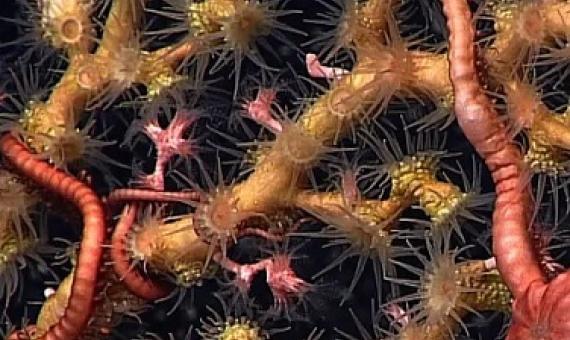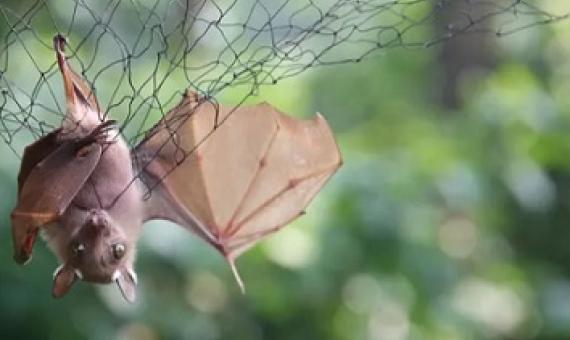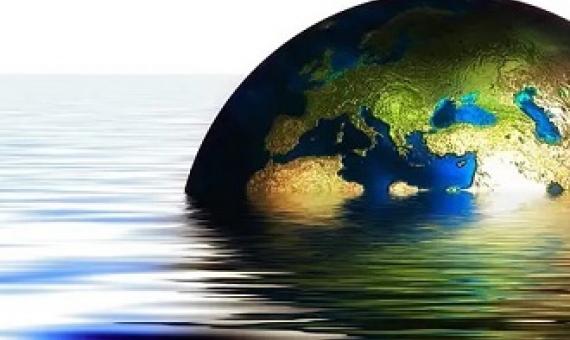Campaigns to plant huge numbers of trees could backfire, according to a new study that is the first to rigorously analyze the potential effects of subsidies in such schemes.
Recent lockdown has taught us the importance of biodiversity. It has proved that we may live without luxury but cannot live without basic need. Our nature has everything for us but in spite of that we are destroying our nature.
Biodiversity policy beyond economic growth
Increasing evidence—synthesized in this paper—shows that economic growth contributes to biodiversity loss via greater resource consumption and higher emissions. Nonetheless, a review of international biodiversity and sustainability policies shows that the majority advocate economic growth. Since improvements in resource use efficiency have so far not allowed for absolute global reductions in resource use and pollution, we question the support for economic growth in these policies, where inadequate attention is paid to the question of how growth can be decoupled from biodiversity loss.
Developers may struggle to find enough land to offset the biodiversity impacts of future development, according to a University of Queensland study. UQ's Dr. Laura Sonter said the challenges were evident worldwide and could significantly limit the ability to achieve global conservation goals.
A warming global climate could cause sudden, potentially catastrophic losses of biodiversity in regions across the globe throughout the 21st century, finds a new UCL-led study.
Nature Map Explorer provides a set of integrated global maps on biodiversity and ecosystems services, including carbon, based on the best available scientific data.
Sir David Attenborough has urged governments to ban deep sea mining, following a study warning of “potentially disastrous” risks to the ocean’s life-support systems if it goes ahead.
As habitat and biodiversity loss increase globally, the coronavirus outbreak may be just the beginning of mass pandemics. Research suggests that outbreaks of animal-borne and other infectious diseases such as Ebola, Sars, bird flu and now Covid-19, caused by a novel coronavirus, are on the rise.
Global Futures: Assessing the global economic impacts of environmental change to support policy-making
This report summarises the first results of the Global Futures initiative – a partnership between WWF, the Global Trade Analysis Project and the Natural Capital Project – which has developed an innovative new model to calculate the impacts of nature’s decline on the world’s economies, trade and industry. The research is timely and poses a stark warning to us all – that unless we reverse nature loss, trillions of dollars will be wiped off the world’s economies, industries will be disrupted and the lives of millions will be affected.
The issue of global biodiversity loss is so intense in the present era that it cannot be ignored as according to the reports of Intergovernmental Science-Policy Platform on Biodiversity and Ecosystem Services (IPBES), due to human actions an average of around 25 percent of species in assessed ani
